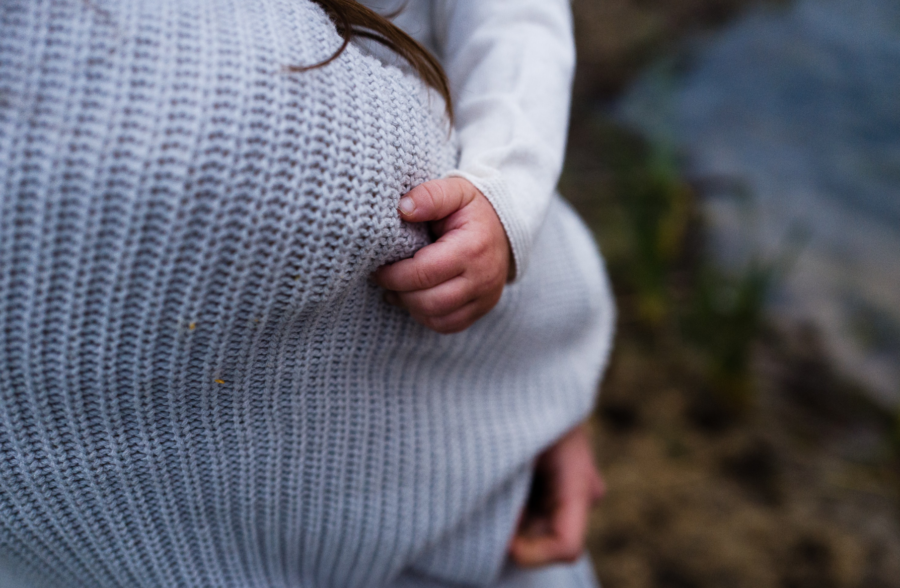The (self) compassionate mother

If a friend called you to tell you that they’d had a tough day and shouted at their toddler, would you tell them they were an awful parent?
Or would you provide some validation that it sounds like they’d had a rough day, that it can happen, and that their parenting quality isn’t based on a single moment?
Why is it we can be kind and compassionate to friends and loved ones, but when it comes to cutting ourselves some slack, we falter and at times end up making ourselves feel even worse? What would it feel like support ourselves in the same way we do for others?
This is where self-compassion comes in. According to leading researcher Kristen Neff, self-compassion involves three interrelated components: self-kindness, common humanity, and mindfulness. In essence, self-compassion means being kind and understanding towards oneself – especially during difficult times or setbacks. It has also been found to be an important protective factor in maternal mental health and wellbeing.
Motherhood can be an enriching experience, but it also brings challenges and isolation, which can put mothers at risk of psychological distress. According to the Australian Clinical Practice Guideline on Mental Health Care in the Perinatal Period, up to 20% of women experience a mental health disorder during this period.
During the perinatal period, mothers are prone to experiencing self-criticism, which has been linked to increased psychological distress and mental health disorders. This can lead to difficulties in bonding with their infant and misinterpreting the baby’s signals due to cognitive preoccupation. Moreover, self-critical thinking during the postnatal period may also affect attachment and childhood development.
Conversely, self-compassion has emerged as a promising protective factor for maternal mental health. Greater self-compassion during the perinatal period is linked to lower rates of stress, anxiety, and depression and improved parenting self-efficacy, life satisfaction, and maternal-infant bonding. Self-acceptance and self-kindness are particularly important during this period, as they can help mothers cope with unrealistic expectations of needing to be a perfect parent.
To practice self-compassion, mothers can:
- Recognise common humanity, acknowledging that motherhood can be challenging and that it’s normal to experience difficult emotions.
- Be kind and gentle with themselves, treating themselves with warmth and care, and giving themselves permission to make mistakes.
- Practice mindfulness, bringing non-judgmental awareness to thoughts, emotions, and bodily sensations in the present moment.
In summary, motherhood can bring a unique set of challenges that can affect a mother’s mental and emotional health. By cultivating a self-compassionate mindset, mothers can improve their mental health and wellbeing, benefiting both themselves and their families. Loved ones can support mothers (or those that mother) in their lives by providing emotional and practical support (even when they don’t ask for it) to encourage them to be more compassionate to themselves.





